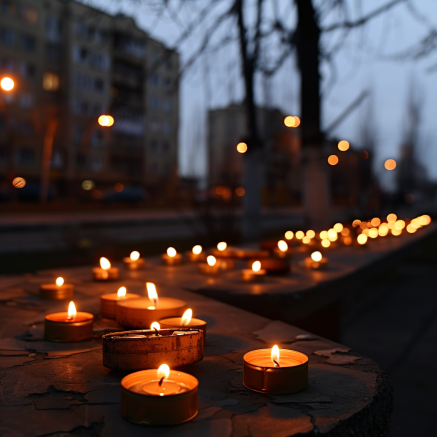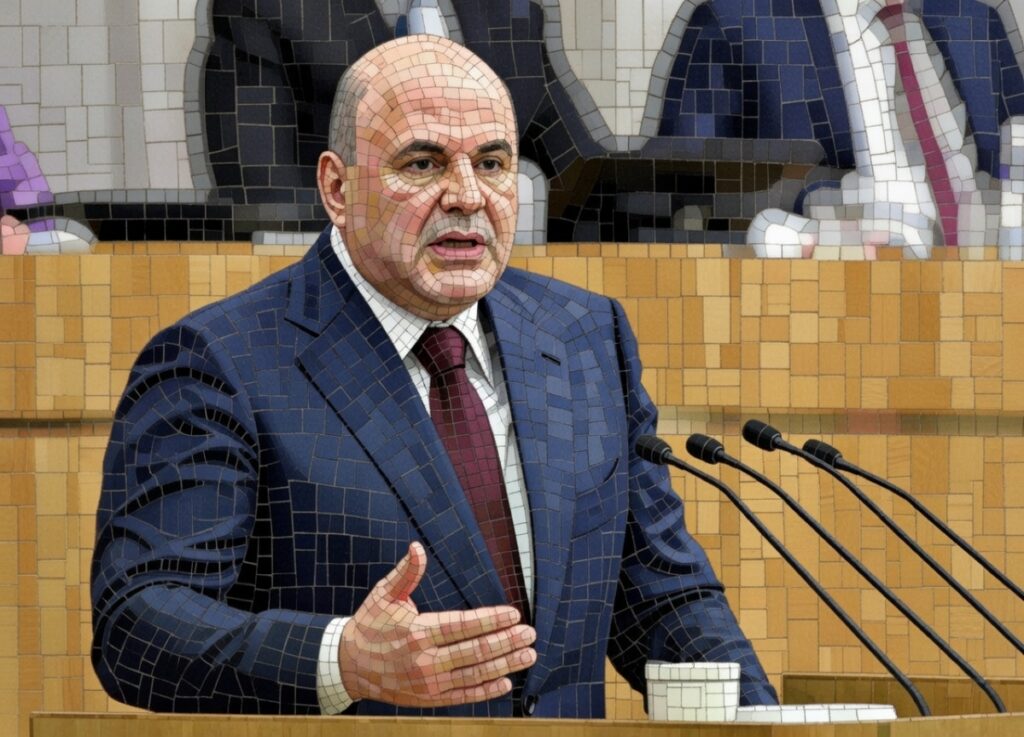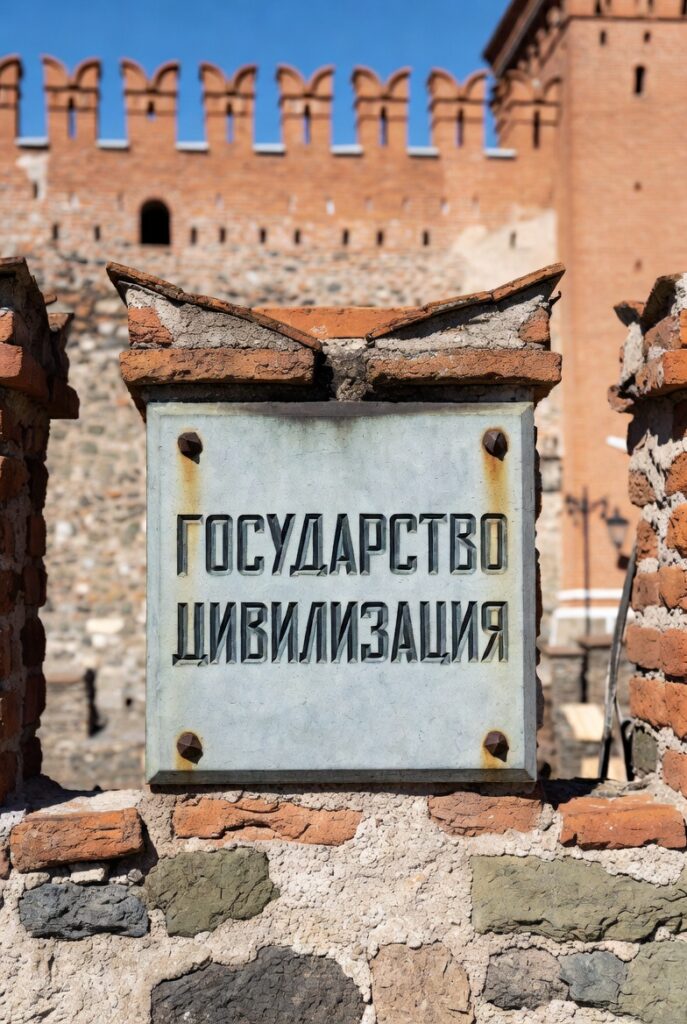Nineteen people were killed on Sunday, June 23, in a terrorist attack in the Republic of Dagestan’s largest cities, Makhachkala and Derbent. Most of the victims were police officers; an Orthodox priest and a church security guard were also slaughtered. Terrorists attacked Christian churches and synagogues in both cities, and in Derbent both the church and the synagogue were burnt down. The attackers turned out to be local residents, some of them are even relatives of Magomed Omarov, the head of one of the republic’s regions. A few months ago, after the 7 October Hamas attack, Dagestan became the scene of massive anti-Israeli rallies, and some of the rioters even stormed and occupied Makhachkala airport for some time. Then, as now, the federal centre failed to react quickly and unequivocally to the riots.
Vladimir Putin, who built his initial popularity in the early 2000s as someone eager to crack down on terrorism, did not personally comment on the tragedy and chose not to broadcast any statement whatsoever, not even through his press secretary Dmitry Peskov. Peskov assured the public that the Russian leader had been informed of the situation and was in contact with the security bloc and the Ministry of Health. Putin did not even convene a special emergency meeting of the Security Council, and now the terrorist attack has already fallen off the current information agenda of the pro-government media.
The Kremlin has already developed a certain tactics for responding to crisis events, be it a terrorist attack, a mutiny by Yevgeny Prigozhin or a communal accident (heating blackouts and the like). Dmitry Peskov claims that Putin is «aware», «has been informed about the events», «is in touch with the necessary agencies» and «is busy giving out instructions». In this way, the president does not associate himself with any negative news and does not make unnecessary promises that he might be reminded of in the future. If Putin has something to present to citizens and elites after some time, as in the case of Prigozhin’s surrender, he goes public. If not, the event will be forgotten after a while — it will simply be swept away by the information flow.
The issue of terrorism has long been a painful one for the Kremlin and for Putin personally. As we have said earlier, the Russian leader has scored political points precisely for allegedly
defeating terrorism. If we are to recognize that this problem still exists and is very serious, then Putin’s credentials earned for his alleged victory over terrorism are called into question. There are two other reasons that explain why Kremlin is clearly reluctant to engage in any serious conversation about the threat of terrorist attacks. Russians are yet to be told about the purpose and objectives of a full-scale invasion of Ukraine; the presidential administration has not come up with any goals other than «demilitarisation» and «denazification». That is why people are still waiting for the authorities to decide to end the war and are ready to support this decision. Admitting that Russia and its citizens have a real enemy, ISIS, which is actually attacking (unlike the Ukrainians who are fighting back and defending themselves), will inevitably lead Russians to demand that the state protect them from terrorists in the first place. Against this background, the preoccupation of the country’s leadership and Putin himself with the incomprehensible war against Ukraine will only lead to public irritation and misunderstanding. Finally, the very presence of terrorists in the Islamic Republic can challenge the propaganda narrative of peaceful coexistence among the peoples of Russia, and there is no alternative to this narrative in the mainstream media. As a result, the pendulum could swing the other way, triggering wide-spread anti-Caucasian sentiments. This is something the Kremlin seriously fears.
The Kremlin’s and Putin’s tactic of sweeping terrorist attacks and violent actions in the Caucasus under the capret has worked so far because these events are separated in time and relatively few have occurred. But the authorities’ inattention to the problem, which is being eclipsed by an ever-growing focus on the war against Ukraine, could lead to more terrorist attacks. In that case, they will form a single line in the minds of citizens, and the silence of the authorities will be perceived more and more negatively: the real threat will make Russians look differently at Putin, who has supposedly defeated terrorism.
«Varangians» for Luhansk
The mayor of Miass, Yegor Kovalchuk, is to head the ‘government’ of Luhansk People’s Republic. He has not yet been officially confirmed in his position, but the head of the self-proclaimed republic, Leonid Pasechnik, has already announced the imminent appointment. The Luhansk People’s Republic has resisted the arrival of the «Varangians» — the Kremlin-selected carpetbaggers with no connection to the region — as ‘prime ministers’ longer than other annexed regions. In neighbouring Donetsk and the areas of the Zaporizhzhya and Kherson Oblasts occupied by the Russian army, the federal centre has long since planted «Varangians» as heads of government. In Luhansk, the post was until recently held by the local official Sergei Kozlov, while Leonid Pasechnik has built up his own specific system of power in the region, largely copying the Soviet system of government, or at least the names of individual governing agencies. For example, the pro-Russian (and then formally Russian) government of the LPR was long called the Council of Ministers, and the parliament is still called the People’s Council. Their very own, homebred prime minister was one of the features of this Luhansk autonomy. However, the Kremlin is clearly keen on unifying the governance of the annexed territories and integrating them into Russia as soon as possible. Relatively recently, the LPR lost the Council of Ministers and got a «government» and now also an imported, «Varangian», prime minister.
It is symptomatic that the head of such a cabinet is not a federal official, as in the DPR, where the «prime minister» is the former head of the housing department of the construction ministry, Yevgeny Solntsev. Neither is he a prominent regional governor — as is the case in the annexed territories of Zaporizhzhya Oblast, where the former first deputy head of Chelyabinsk Oblast, Irina Gekht, performs the functions of a ‘prime minister’. Kovalchuk used to be vice-governor of Chelyabinsk, but has since been demoted to a mayor, and the city he has been heading for the last year is not even the first or second most populous in the region. All of this suggests that government jobs in annexed regions are becoming less and less attractive to bureaucrats not only from the federal government but also from the regions. These people prefer stable salaries in peaceful places to flashy money and vague career prospects in a war zone. Despite the Kremlin’s attempts to portray the annexed regions as a career springboard, there are very few examples of officials who have gone there for promotion.
It is quite likely that the federal centre will take the next step: having got rid of the local ‘prime ministers’, it will sooner or later get rid of the local regional leaders. And they will be replaced by the same heads of government: regional and now municipal bureaucrats and not the highest rank.










